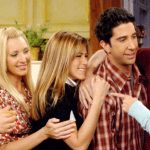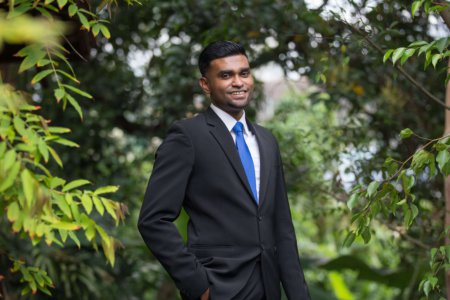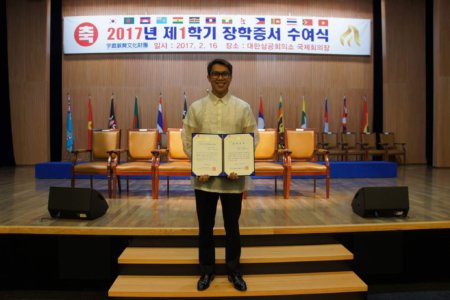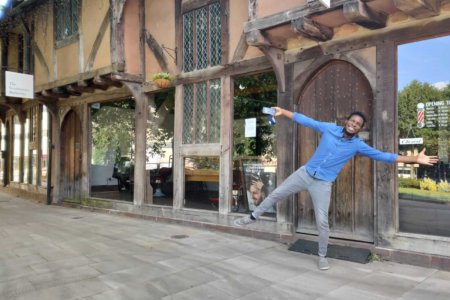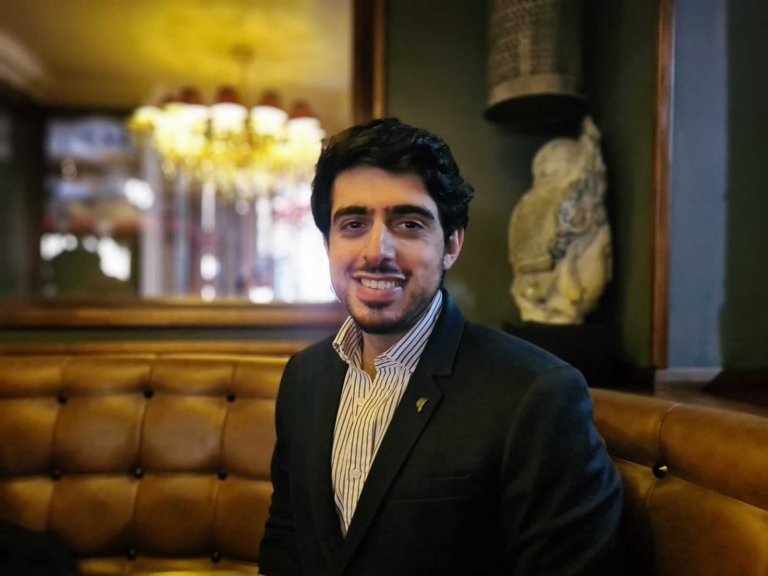
Dr. Harun Khan, winner of two prestigious scholarships to Harvard and one of only three people to hold both a Fulbright Award and a Kennedy Scholarship, almost did not study medicine. In high school, he was passionate about languages. He could speak five foreign languages by the time he was 16.
Then, his mother was diagnosed with cancer. He saw, as she was admitted in and out of the National Healthcare System, for stays long and short, her identity affected how she was treated by nurses and doctors. It was hard for her to communicate her needs in English, which was her third language. It was harder still to describe subjective symptoms like pain.
Born and raised in England, the 29-year-old physician whose family is originally from Azad Kashmir, Pakistan knows what it’s like to be part of a minority community treated unfairly. “I have seen first-hand how racial and ethnic minority groups suffer from some of the poorest health outcomes in the UK,” he writes in a Huffpost article on racism being a public health crisis. “Black and south Asian subpopulations have also been found to be at least two more times likely to die of COVID-19,” he also writes.
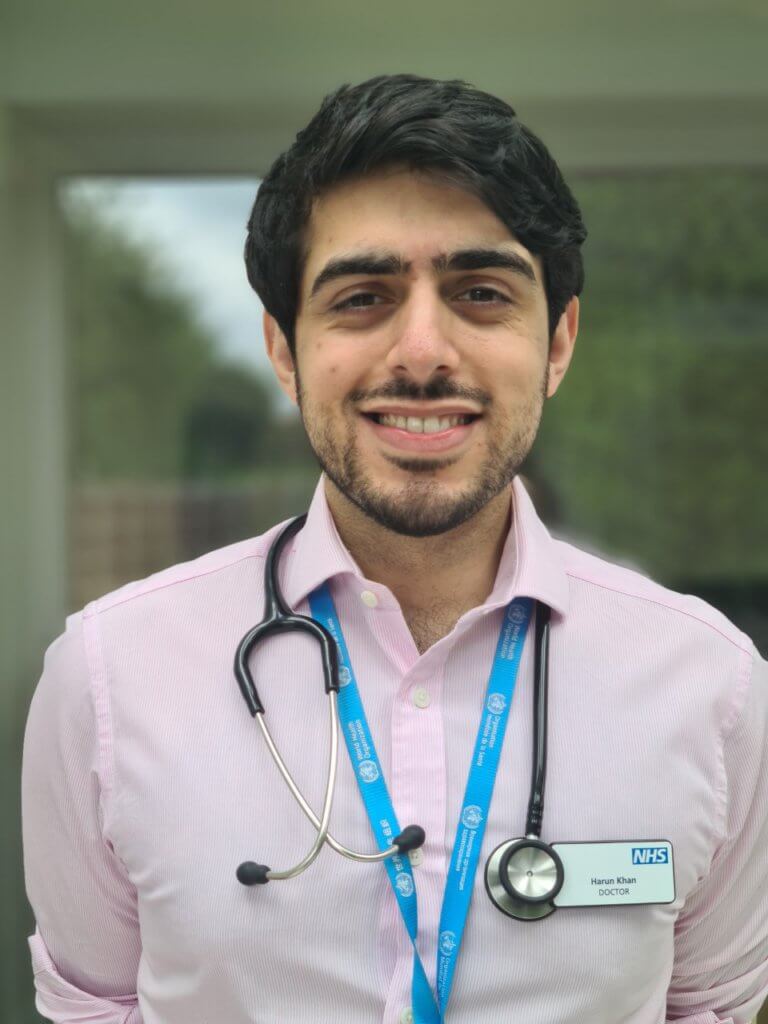
Born and raised in England, the 29-year-old physician whose family is originally from Azad Kashmir, Pakistan knows what it’s like to be part of a minority community treated unfairly. Source: Dr. Harun Khan
We caught up with the Imperial College London graduate to learn about what it’s like to study medicine, how he won those scholarships to Harvard, his work as a public health researcher and physician, as well as his plans for Harvard.
Why did you choose to study medicine? Is there a personal backstory for your interest in this?
When I was in high school, my favourite subjects were foreign languages. By 16, I spoke five languages and I even intended to study French or Russian at uni.
However, quite abruptly, my home circumstances led me to change my academic trajectory. The year prior to my uni application, my mother was sadly diagnosed with a type of cancer called multiple myeloma.
As the extent of her illness worsened, she required more frequent and longer hospital admissions with increasingly invasive treatments being offered to her. My mother was a dark-skinned brown woman who had immigrated to the UK in her 20s and was unable to effectively communicate her healthcare needs in English.
It was her third language. These aspects of her identity not only impeded her access to the healthcare system, but they affected how she was forced to navigate it. Despite the bad, there was a lot of good in her patient experience.
This included her relationship with the nurses on the haematology ward once she was diagnosed and the kindness shown to us by the palliative care team as her illness progressed. Looking back, I realise how transformative it was for me to walk alongside her during her patient journey.
I was able to actualise that medicine, as with anything in life, is what I want to make of it. It could be a career rooted in community service — at least if I wanted it to be anyway. Thus, I entered medicine with the intention to bridge that gap between the healthcare system and communities who have otherwise felt disenfranchised by social systems in Britain including the NHS.
My mother unfortunately passed away four days prior to my entry into medical school but her experiences continue to inform my practice and advocacy. Especially my intention to promote health equity.
View this post on Instagram
Harun’s childhood collection of language books!
Why choose to study medicine at Imperial College London?
I was born and raised in Birmingham in the UK in a beautifully multicultural neighbourhood. I love the culture, the vibrancy and the fast-pace. It’s something that’s normal and comforting for me.
So, when I visited my family in London as a high school student, I fell in love with it for all the reasons that I love Birmingham. When researching unis in London, I was drawn to Imperial College London given its medical school’s reputation.
I was luckily accepted onto the medical programme with an academic scholarship. As someone who is from a low-income background, I knew from a young age that graduating from a socially elite school, such as Imperial College London, would give me the social capital that I needed.
Not only to uplift my own voice, but to uplift the voices of others who have been historically excluded. This is my intention going into my work whether it’s clinical medicine, research or advocacy more generally.
Tell us more about your career trajectory since graduating.
Once graduating from Imperial College London, I moved back to Birmingham to become a medical doctor. This was intentional as I wanted to give back to the community that raised me.
Here, I worked in a variety of specialties in the inner city and cared for a variety of patient populations including many refugees and asylum seekers. On top of my clinic work, I was also a public health research fellow at the University of Birmingham with a focus on maternal and child health outcomes in the UK and South East Asia.
Beyond medicine, I’ve always been involved in the higher education sector. I founded a non-profit education to support low-income students who are applying for medicine shortly after graduating. I regularly consult for UK medical schools on matters concerning race/class representation.
I also interview undergraduate medicine students in the UK and set up programmes for low-income students and refugee doctors to conduct work experience in the NHS. Now, I am taking a year out to pursue a master’s in public health at Harvard University.
This degree will focus on the outcomes of underrepresented minorities in the UK and the US. I’m also in the process of writing a book that is focused on race and health with several other projects up my sleeve — stay tuned!
View this post on Instagram
Harun welcoming a group of immigrant and refugee doctors to the @NHS in Birmingham
How do you use the knowledge and skills gained at uni now?
For the last year, I’ve been working as a medical doctor in the COVID-19 unit. The knowledge and skills I learned during my undergraduate degrees are directly applicable to my day-to-day job of diagnosing and managing a variety of illnesses including those related to COVID-19.
Working in healthcare during the pandemic was and is a privilege. Although distressing, we are lucky enough, as healthcare professionals, to be involved in some of the most vulnerable periods of other peoples’ lives. A responsibility that I don’t take lightly.
Walk us through how you won those scholarships to Harvard. What was the application process like and how will it make a difference with the research you intend to do?
Applying for the Fulbright and Kennedy scholarships is a complex process. It involved submitting transcripts, admission test scores, several essays and references along with sitting in an interview if shortlisted.
The interviews took place in central London and were the most challenging aspect of the process. For example, the interview for the Kennedy Scholarship was led by the UK Chief Scientific Advisor for 2017 along with nine of his colleagues all appointed by the UK government.
This also included a representative from MIT and Harvard University. The interviews for both awards were broad and ranged from questions about my research to international affairs. So, it was academically very stimulating and a great educational experience (if you can get past the nerves!).
I’m really grateful for being awarded both scholarships. I think it’s the stepping stone that I require to translate my current work into something that more tangibly impacts the lives of other people at the population level. For instance, by undertaking policy advisory roles with a solid technical background.
Besides your studies at Harvard University, what other skills or knowledge do you wish to gain?
I am keen to register for courses beyond the School of Public Health, especially classes at Harvard Kennedy School and Harvard Law School because I want to broaden the lens with which I view social concepts such as racism.
Like in the field of public policy, the Trump Administration’s Family Separation policy in the US has and will continue to negatively impact the health outcomes of Latinx immigrants and other immigrant communities for generations to come.
This example reflects the complexity with which racism navigates in society. Both in the UK and the US and that’s something I want to unpack further so that I can inform my prospective research and advocacy.
View this post on Instagram
What advice do you have for students who are planning to apply for bursaries?
I advise everyone to start early. As juggling applications with full-time work and other commitments can be difficult. I was working in the emergency unit during my admissions test and scholarship interviews.
So I would finish a shift at midnight then study until sunset and then drive home to catch enough sleep to function at work the next day. This was very unhealthy but necessary given my significant work commitments.
Preparing early by contacting references and purchasing the relevant study material also really helped me save time.
What advice would you give to international students looking to study in the UK?
Take time to choose where you want to study and why. Although the UK is a small country, the different cities and uni have a very contrasting feel. Also, get in touch with others who study at the institutions that you are interested in — you can learn so much from one’s lived experience.
When do you envision yourself in 10 years?
In 10 years, I would like to be living in the UK and working across fields namely in healthcare and public policy. I have a lot of opportunities opening up to me at the moment including working in government agencies, non-profit institutions and academic institutions, but I think my time at Harvard University will better define my next move.
What are some interesting things you research with immigration status, race and social class that are linked to health and wellbeing you’ve discovered?
One’s health is inextricably linked to one’s sociopolitical environment and this is something that we often disregard when speaking about public health. Currently, I’m working on projects that focus on immigrant patient experience in the UK.
For example, many South Asian women in the UK are disproportionately victims of racist, sexist and often classist, medical stereotypes such as “Mrs Bibi Syndrome”. This term mockingly describes a brown woman who is perceived as exaggerating her health complaints and the concept is rooted in prejudice.
This type of medical stereotyping rather distressingly has the potential to negatively impact health outcomes. Our work not only underlines this but intends to transform medical culture in order to promote a truer state of health equity one day.
View this post on Instagram
Harun’s article on racist medical stereotypes in healthcare
What are you most looking forward to doing in the US? What will you miss from home and how will you substitute it?
The things I will miss the most are my loved ones however cliché that sounds. Despite going through many trials in life, I’ve been lucky enough to create and maintain very sincere and loving relationships with others.
Thus, there are family members and friends who I will miss dearly. That being said, I’m really glad technology has advanced to the point where I can see them virtually. WhatsApp and wifi are something that I am very grateful for!
What tips do you have to budget as a student? What can you do with 100 pounds in a month in the UK?
Normally, I assign myself a monthly budget for essentials and ensure I’ve put money aside for emergencies. Once that is out of the way, I focus on my priorities for the upcoming year.
For instance, in the US, I intend to visit Spanish-speaking countries in Latin America to improve my Spanish language proficiency. So, putting money aside to travel, although a luxury, is important for me this year.






